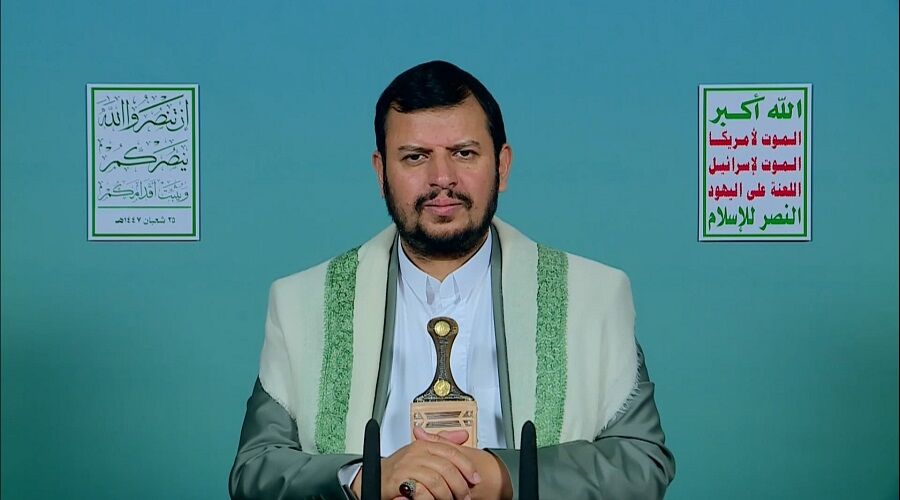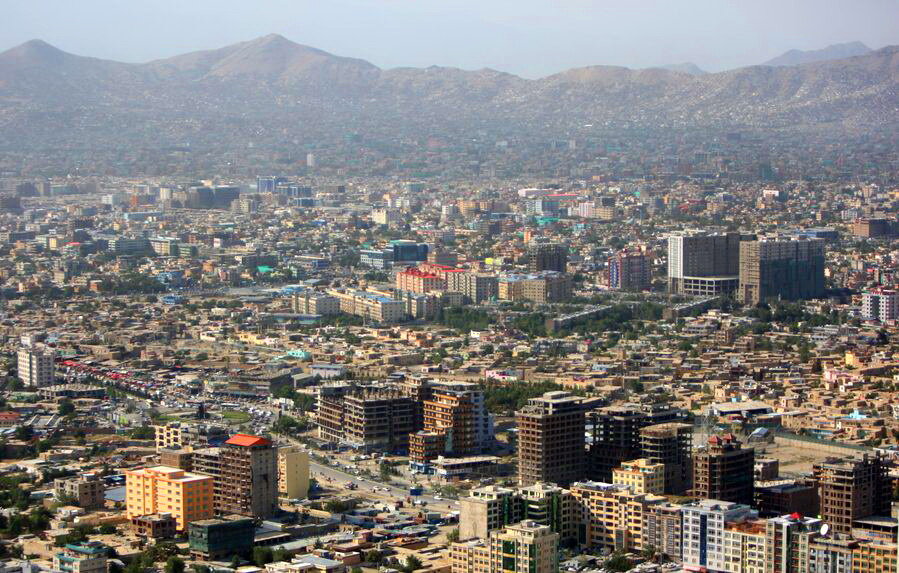Educators, staff and students launch hunger strikes across the US
Educators, staff and students launch hunger strikes across the US

High school and university educators, staff and students are starting hunger strikes across the US in solidarity with Palestinians, who are undergoing a widespread famine in Gaza, on Wednesday.
More than 100 K-12 educators are conducting a coordinated hunger strike for three days to pressure lawmakers to intercede on behalf of Palestinian children in Gaza, which Unicef named as the most dangerous place to be a child in December 2023, followed by Doctors Without Borders in June 2024.
Some educators will participate in the full three-day hunger strike, while others will fast during lunch only. Four of the participants spoke about what motivates them to take part. They are identified by first name only.
Colin, a middle school teacher in Massachusetts who plans to take part, said he had never gone three days without eating. “It feels like a long time,” he said. “But after those three days, I’ll be able to eat again, and the people in Gaza won’t be able to.”
He expressed concern that US tax dollars were being pumped into military expenditure in Israel, which, in turn, was harming children in Gaza.
Stephen, a high school special education teacher from Oregon who is participating in the hunger strike, said: “I think that public school teachers in K-12 have a duty to protect children and young people, no matter what side of a line or border those children live on.”
The hunger strike has been organised by Educators for Palestine, a caucus of the National Education Association (NEA), which is the largest teachers’ union in the United States.
Educators for Palestine is also working to push the NEA to disassociate from the pro-Israel advocacy organisation Anti-Defamation League (ADL). Members had voted in favour of a resolution to cease interaction with the ADL, but the NEA overturned the decision after pressure from the ADL.
Theresa, a middle school nurse from Minnesota, said she had been organising in the union, contacting legislators, attending protests and donating money before deciding to take part in the hunger strike, which she believed was taking things to the next level. “We are putting our own bodies in harm's way,” she said. “A hunger strike is a more active way to participate and use my body to show resistance and solidarity.”
Anoush, a high school English teacher from California, said that her students knew what was happening in Gaza and “pick up on the fact that we’re not supposed to talk about it in school”.
She believes it is important for students to see teachers’ words translated into action. “We teach stories about injustice. We ask them to be courageous, to do what they think is right. It’s important for them to see their teachers model that integrity.”
New York University in solidarity
At New York University (NYU), which has pushed back on pro-Palestinian activism, faculty, staff and students began a weekly fast in solidarity with Palestinians in Gaza on Wednesday.
Launched by the NYU chapters of Faculty and Staff for Justice in Palestine (FSJP) and Students in Justice for Palestine (SJP), participants plan to fast every Wednesday from sunrise to sunset throughout the semester.
They will also donate money that would have been spent on meals to mutual aid funds providing food and medical aid in Gaza, and some of them will be fundraising additional funds.
Those fasting will also come together in solidarity and to raise awareness.
Abigail Balbale, an associate professor in the Faculty of Arts and Science, explained that she was fasting because she had witnessed how people in Gaza are being “systematically starved to death while the world and our country stand by”.
“We fast today out of compassion for the people of Gaza, and commit to educating ourselves and our community about the illegal use of starvation as a weapon of war,” she said in a press release issued by NYU FSJP.
Kathy Engel, an associate arts professor in the Tisch School of Arts and poet, said: “We fast because Palestinian people in Gaza are starving. We fast after two years of nonstop horror. We are part of a worldwide movement committed to Palestinian sovereignty. We will not stop.”
The Integrated Food Security Phase Classification (IPC), a United Nations-backed global hunger monitor, officially confirmed famine was underway in Gaza almost two months ago.











